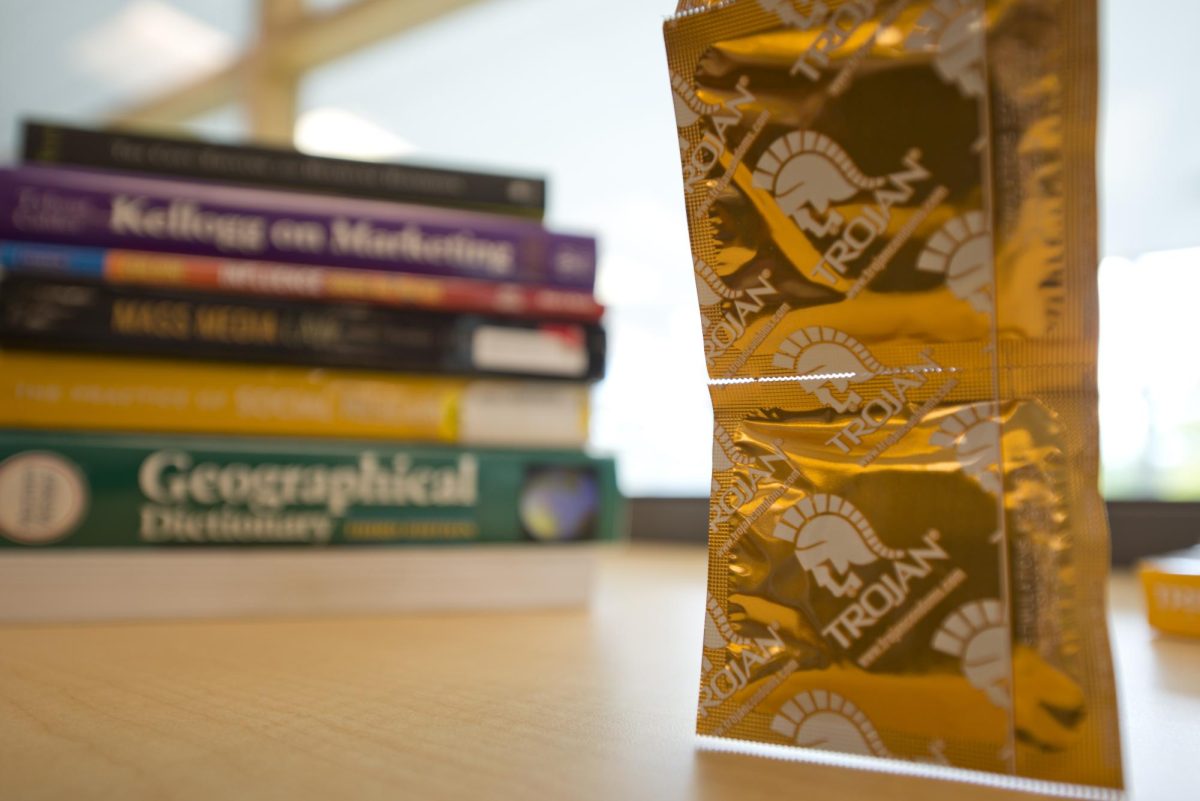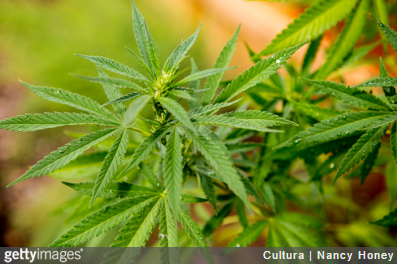Written by Kyle Criddle
Colorado’s legalization of recreational marijuana has been great for business and furthering equality in America. However, health implications are raising concerns on both sides of the aisle.
A recent study conducted at the University of Colorado School of Medicine found emergency room visits possibly related to marijuana use have recently increased. Out-of-state visitors admitted to the ER doubled from 2012 to 2014, from 78 to 163 per 10,000 visits. Colorado residents admitted to the ER over the same period rose from 70 to 101 per 10,000 visits. The study concluded that point-of-sale education for customers, highlighting the safe and appropriate use of marijuana products, must be a top priority. Educating out-of-state visitors is particularly important.
I’m an unabashed proponent of the legalization of medical and recreational marijuana. I would hate to see this study used as a political tool by conservative opponents of marijuana legalization to rescind the progress that states like Colorado have made thus far. But, to be blunt, there is clearly a need for more education on marijuana use, especially for tourists, whether they decide to try marijuana for the first time or rekindle an old affair with it. They often fail to recognize not only the differences in potency between dispensary marijuana and what they may have previously tried, but that the potency and metabolic ingestion time of cannabis varies widely depending on the method of consumption.
Cannabis consumers trying edibles for the first time, who don’t realize the effects take longer to kick in, are surprised when they don’t feel much at first. So they take another bite of their brownie, cookie, candy or whatever potent pot goodie they’ve got. And another. And another. An hour or so later, they find themselves higher than Cheech and Chong, hallucinating and cramping so badly that they wind up going to the ER, hence the higher rates of marijuana-related hospital admittances.
The Colorado Department of Public Health & Environment has made some efforts to educate the public. Retailers distribute “Good to Know” pamphlets, provided by the department as part of the statewide education campaign on safe and proper marijuana use, to both employees and customers. These pamphlets cover health effects, legal consequences, youth prevention, marijuana 101, talking to your kids and more. Colorado’s official state website offers an abundance of information. However, passively educating consumers through generic pamphlets and websites intended and dumbed down for a mass audience is not enough.
Fortunately, there are more effective methods for directly educating users. The rookie brownie, for instance, is a simple and straightforward idea. An edible form of THC with low doses typically no more than five milligrams, rookie brownies are the training wheels of edibles. With these, the consumer knows exactly how much they are consuming.
Marijuana dispensary employees should also receive mandated training to understand how the chemical makeup of THC has different psychological and physiological effects and how to cater to the individual needs of each customer. By understanding the customer’s general background, desires, tolerance level and health conditions, coupled with a thorough knowledge of the product, employees can help prevent unintentional over use. This training will also allow for a more accurate pairing between the customer and the product that’s right for them.
Though education on marijuana use is currently lacking, revenue from marijuana sales has served Colorado and its residents very well. Last year, the state saw 66 million dollars in marijuana tax revenue. This huge influx of resources could help to better educate users and expand the distribution of educational tools such as the “Good to Know” pamphlet to airports, information kiosks and other strategic public places visitors may pass through. Colorado voters have elected to use much of this money to fund educational programs, construct new public schools, pay for anti-bullying grants and youth monitoring services and much more.
It is necessary that national marijuana use education programs are formulated ahead of time, including training for dispensaries and customers alike. Four states have legalized recreational marijuana use with another 23 allowing the use of medical marijuana. It won’t be much longer before nearly every state in the nation legalizes medical or recreational marijuana.
Irresponsible use and over-consumption could be the downfall of marijuana’s legality. If continued research shows a growing trend of hospital visits correlating with marijuana use then opposition might use this as an angle in repealing legalized marijuana altogether.
This curious plant has clearly done more good than harm. Allowing a few uneducated users to spoil a cultural revolution and reverse a milestone achievement in United States history would be a shameful embarrassment. Veteran and novice consumers alike need to practice responsible use in the interest of keeping the substance legal. We need to recognize this freedom from criminal regulation of marijuana as being more than just another opportunity for a good time. It’s also an opportunity, and a privilege, even, to progress towards a better, more free and caring community — if used responsibly.






















